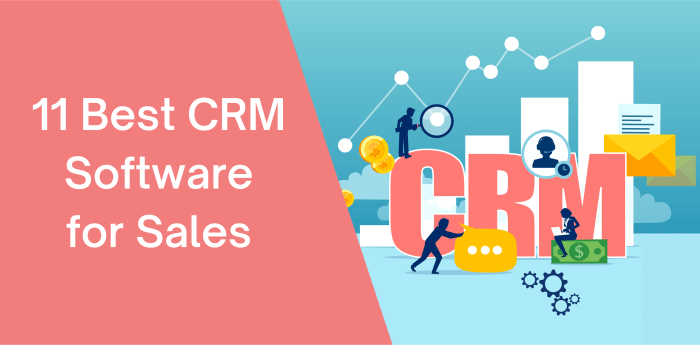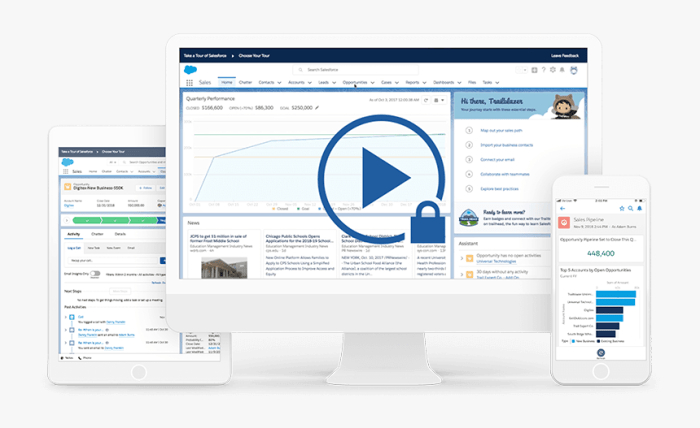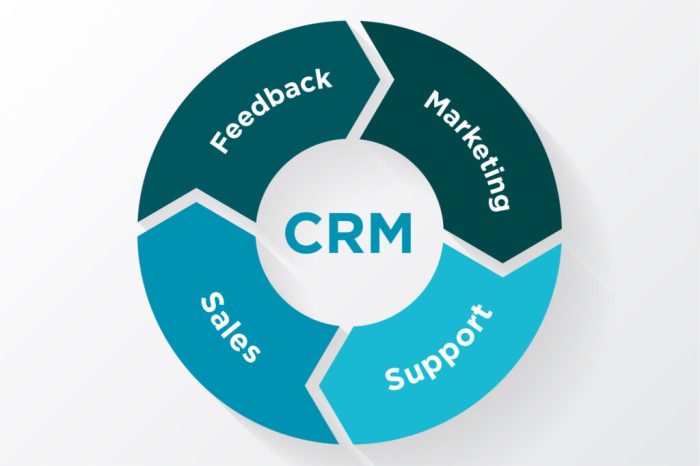In today’s competitive landscape, small businesses need every advantage they can get. Effective sales management is crucial for growth, and a robust Customer Relationship Management (CRM) system can be the key. This comprehensive guide explores the benefits of sales CRM software for small businesses, helping you understand how to choose the right system and maximize its potential. We’ll delve into features, pricing, implementation, and more, equipping you with the knowledge to make an informed decision.
Understanding the Importance of CRM for Small Businesses
Small businesses often operate with limited resources, making efficient use of time and resources paramount. A sales CRM streamlines various aspects of the sales process, leading to increased productivity and profitability. Instead of relying on spreadsheets and scattered notes, a centralized CRM system provides a single source of truth for all customer interactions.
Key Benefits of Using a Sales CRM for Small Businesses:
- Improved Customer Relationship Management: Track interactions, preferences, and purchase history to personalize communication and build stronger relationships. This leads to increased customer loyalty and repeat business.
- Enhanced Sales Productivity: Automate repetitive tasks like email marketing and lead nurturing, freeing up time for more strategic activities. Sales teams can focus on closing deals rather than administrative work.
- Increased Sales Efficiency: Better lead management and sales pipeline tracking allow for quicker identification of potential opportunities and improved conversion rates. This directly translates to increased revenue.
- Better Data-Driven Decision Making: CRMs provide valuable insights into sales performance, helping you identify areas for improvement and optimize your sales strategies. Reporting and analytics features are crucial for this.
- Improved Team Collaboration: Centralized access to customer information improves communication and collaboration within the sales team, ensuring everyone is on the same page.
- Scalability and Growth: As your business grows, a CRM system can easily scale to accommodate your expanding customer base and sales team.
Choosing the Right Sales CRM Software: Key Features to Consider
The market offers a wide array of CRM software solutions, each with its own strengths and weaknesses. Selecting the right one depends on your specific needs and budget. Here are some crucial features to look for:

Source: octopuscrm.io
Essential Features for Small Business CRMs:
- Contact Management: Robust contact management capabilities are essential, allowing you to store and manage detailed customer information, including contact details, communication history, and purchase history.
- Lead Management: Efficient lead tracking and scoring features help you prioritize high-potential leads and nurture them effectively through the sales pipeline. This includes lead source tracking and automated follow-ups.
- Sales Pipeline Management: Visualize your sales pipeline to monitor progress and identify bottlenecks. This allows for proactive intervention and improved sales forecasting.
- Reporting and Analytics: Comprehensive reporting and analytics tools provide insights into sales performance, helping you make data-driven decisions to optimize your strategies.
- Email Integration: Seamless integration with your email client allows you to manage communications directly within the CRM, improving efficiency and tracking.
- Mobile Accessibility: Access your CRM from anywhere, anytime, using a mobile app. This is crucial for staying connected with customers and managing your sales process on the go.
- Customer Support: Reliable customer support is essential, especially for small businesses that may not have dedicated IT staff. Look for options with responsive and helpful support channels.
- Integrations: The ability to integrate with other business tools, such as marketing automation platforms and e-commerce systems, can significantly enhance the CRM’s functionality.
Types of Sales CRM Software for Small Businesses
Small businesses have various options when it comes to CRM software. The best choice depends on factors like budget, technical expertise, and the complexity of your sales process.
Common CRM Types:
- Cloud-based CRM: Software hosted on the vendor’s servers, accessible via the internet. This offers flexibility and scalability, without the need for on-site servers or IT expertise. Examples include Salesforce Sales Cloud (though it can be pricey for smaller businesses), HubSpot CRM, Zoho CRM.
- On-premise CRM: Software installed and maintained on your own servers. This offers greater control but requires more technical expertise and investment in infrastructure.
- Open-source CRM: Free and open-source software that can be customized to your specific needs. This offers cost savings but may require significant technical skills to implement and maintain.
Pricing and Cost Considerations: Sales Crm Software For Small Business
The cost of CRM software varies widely depending on the features, the number of users, and the vendor. Many vendors offer different pricing tiers to cater to businesses of different sizes and budgets. Some offer free plans with limited features, while others charge a monthly or annual subscription fee per user.
Factors Affecting CRM Pricing:, Sales crm software for small business
- Number of users: The more users you need, the higher the cost.
- Features included: More advanced features typically come with a higher price tag.
- Support and training: Vendors may offer different levels of support and training, which can impact the overall cost.
- Integrations: Additional integrations with other software may incur extra fees.
Implementing and Using Your Sales CRM Effectively
Successfully implementing a CRM requires careful planning and execution. Here are some key steps to ensure a smooth transition and maximize the benefits of your new system:

Source: kindpng.com
Implementing Your CRM:
- Data Migration: Carefully plan the migration of your existing customer data to the new CRM system to avoid data loss or inconsistencies.
- User Training: Provide thorough training to your sales team to ensure they understand how to use the CRM effectively. This is crucial for adoption and maximizing ROI.
- Process Optimization: Review and optimize your sales processes to align with the CRM’s capabilities. This may involve streamlining workflows and automating tasks.
- Ongoing Monitoring and Improvement: Regularly monitor the CRM’s performance and make adjustments as needed to ensure it continues to meet your business needs.
Frequently Asked Questions (FAQ)
- Q: What is the best CRM for small businesses? A: The “best” CRM depends on your specific needs and budget. Consider features, pricing, and ease of use when making your decision. Research popular options like HubSpot, Zoho, and Pipedrive to see which best fits your requirements.
- Q: How much does CRM software cost? A: Pricing varies greatly, from free plans with limited features to thousands of dollars per year for enterprise-level solutions. Many vendors offer tiered pricing based on the number of users and features included.
- Q: How long does it take to implement a CRM? A: Implementation time varies depending on the complexity of your business and the chosen CRM system. It can range from a few weeks to several months.
- Q: Can I integrate my CRM with other software? A: Most modern CRMs offer integration capabilities with other business tools, such as email marketing platforms, accounting software, and e-commerce systems. Check the CRM’s specifications to see what integrations are available.
- Q: Do I need technical expertise to use a CRM? A: Cloud-based CRMs are generally user-friendly and require minimal technical expertise. However, on-premise CRMs may require more technical skills for installation and maintenance.
Conclusion
Investing in the right sales CRM software is a strategic move for small businesses looking to improve efficiency, boost sales, and foster stronger customer relationships. By carefully considering your needs, researching available options, and implementing the system effectively, you can unlock the full potential of your sales team and drive significant growth for your business.
Call to Action
Ready to transform your sales process? Explore the leading CRM solutions today and find the perfect fit for your small business. Start your free trial or request a demo to see how a CRM can help you achieve your sales goals!
FAQ
What is the average cost of sales CRM software for small businesses?
Costs vary widely depending on features and the number of users, ranging from free options with limited functionality to several hundred dollars per month for more comprehensive packages.
How much time is needed to implement a sales CRM system?
Implementation time depends on the complexity of the system and the business’s data migration needs. It can range from a few days to several weeks.
What are some key features to look for in a small business CRM?
Essential features include contact management, lead tracking, sales pipeline visualization, reporting and analytics, and integration with other business tools.
Can a sales CRM system integrate with my existing accounting software?

Source: getapkmarkets.com
Many CRM systems offer integrations with popular accounting software, allowing for seamless data flow and improved financial reporting. Check for compatibility before selecting a CRM.
